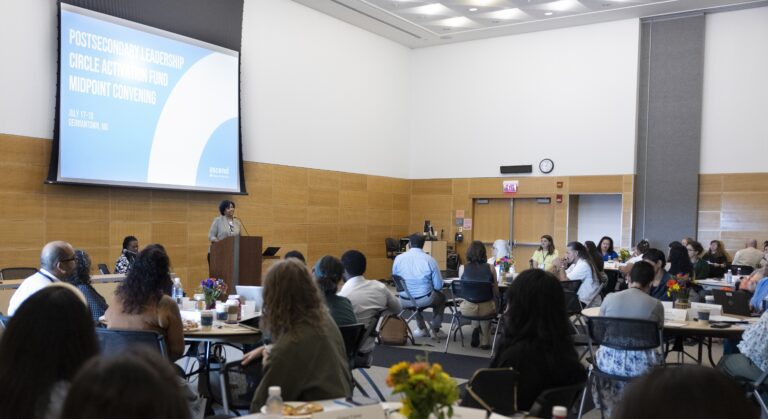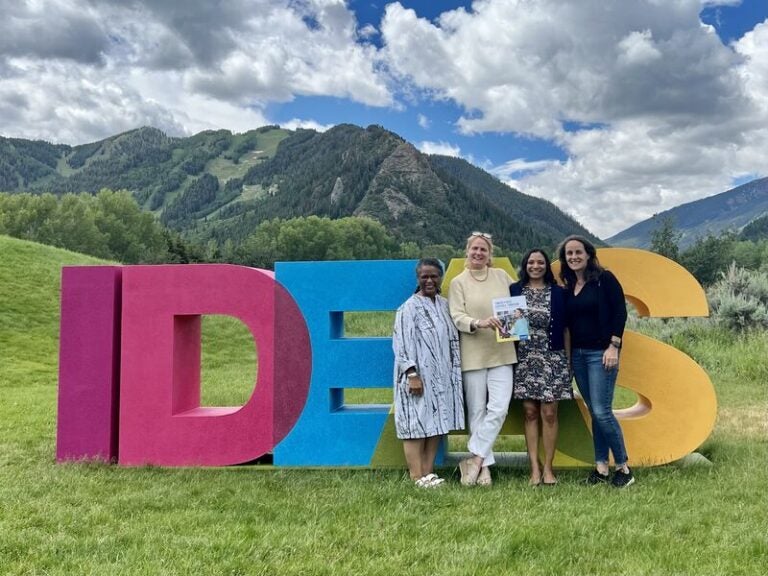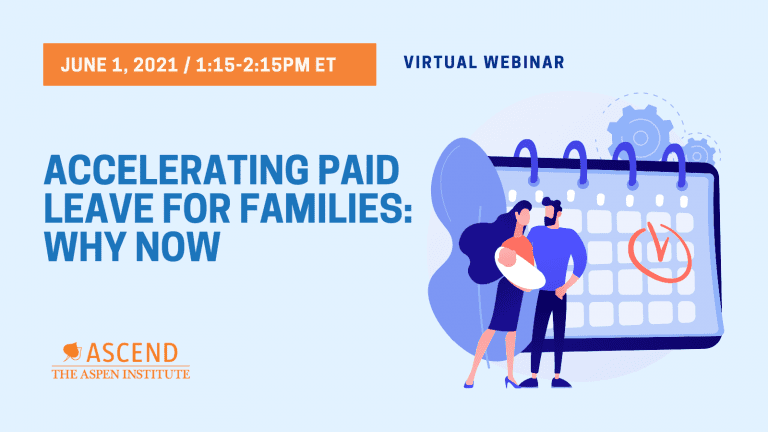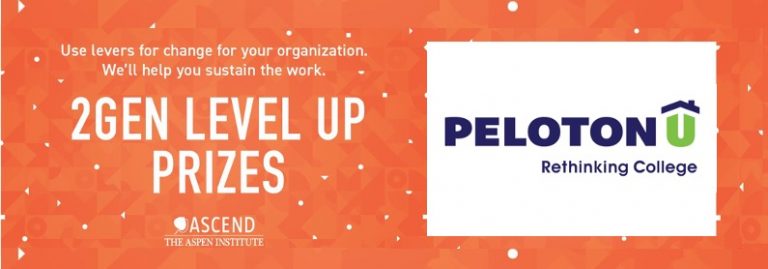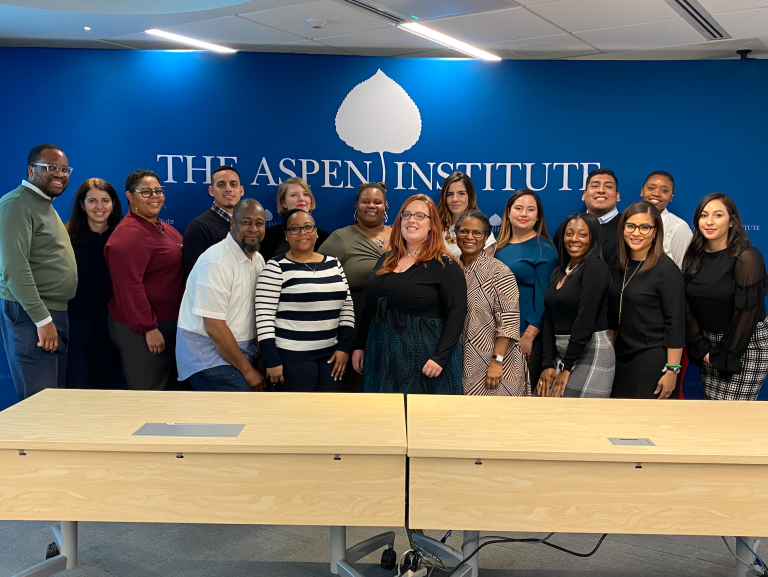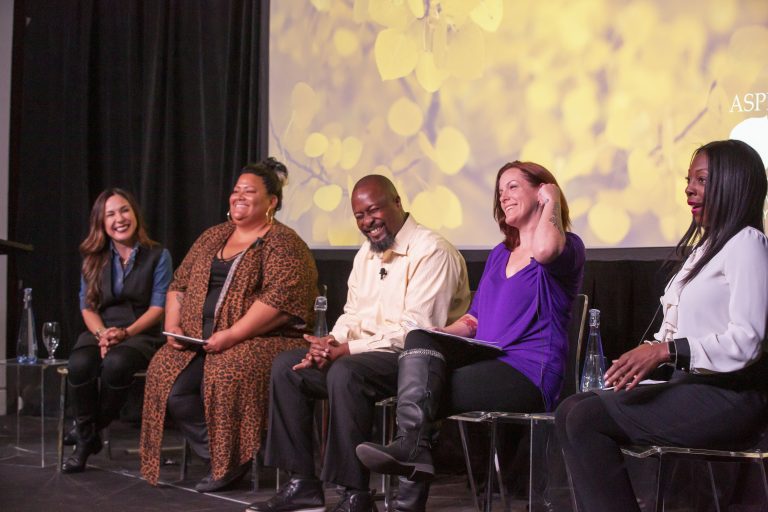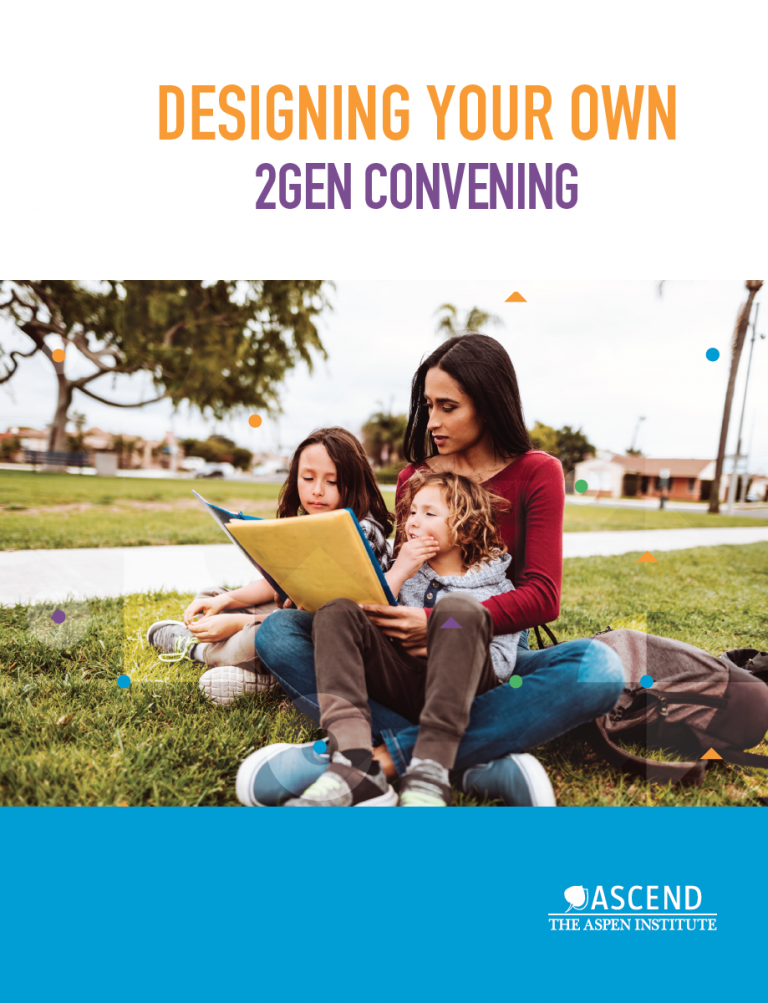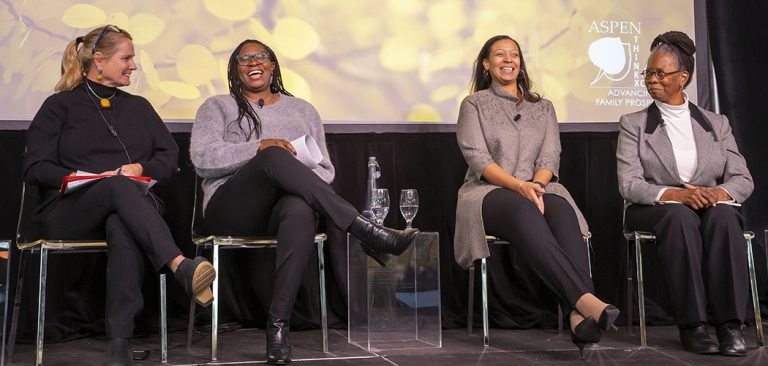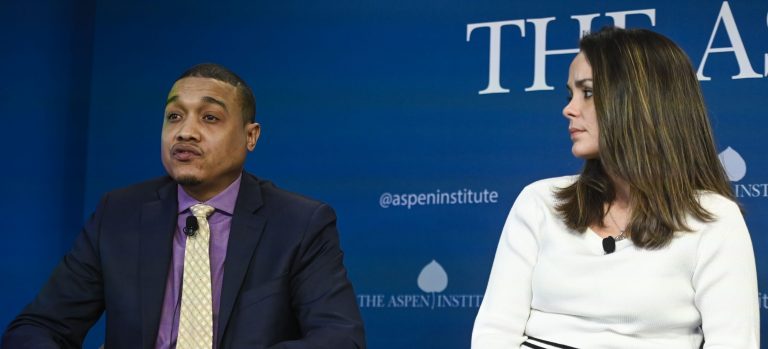Whole Family Approaches: A Global Conversation
A whole family approach is built on the premise that conditions that affect the family will have an impact on child development as will the direct experiences of the child. Whole family approaches provide a framework for looking at problems and creating more sustainable solutions – solutions that recognize that what is good for the child is good for the family and vice versa. Moreover, what is good for the family is good for society. Giving children a strong start in life and creating stability for the family require a focus on the whole, and in particular, on children’s well-being and on parents as agents of change.
Early childhood programs and partnerships offer a singularly important gateway to reaching families during the critical early years. As one teacher and parent said, “The opportunity is when a child walks through the door and the parent is right behind her.” It is an opportunity not only to bolster the child’s learning and development but also to work with parents on how they nurture the child emotionally, mentally, and physically – and on the adults’ own trajectories towards economic stability for the entire family.
Whole family approaches – also known as ‘two-generation’ or ‘+parent support’ – are a response to the research that has documented the impact of a parent’s education, economic stability, and overall health on a child’s development trajectory. Similarly the research shows that children’s education and healthy development are powerful catalysts for parents. Whole family approaches recognize that many services and policies aimed primarily at either children or parents are missing opportunities to increase their impact by not focusing on the whole family. Placing children and adults in silos ignores parents’ daily challenges, challenges that are even more pronounced for those living in poverty.
Webinar: Whole Family Approaches to Addressing Global Poverty
Additional Resources:
Breaking the Cycle of Poverty Convening: Whole Family Approaches (May 9-11, 2016)
- Agenda
- Why a Whole Family Approach for Low-Income Family Approach? Anne Mosle, Ascend at the Aspen Institute presentation
Background Resources:
A good start: advances in early childhood development
A special issue to mark the 50th anniversary of the Bernard van Leer Foundation’s first grant in early childhood, this edition of Early Childhood Matters surveys the state of the early childhood field, reflecting on what we know and what are the priorities for the future. Guest-edited by Joan Lombardi, it includes contributions from experts on a range of subjects including brain science, nutrition, home visiting, parent support, pre-primary, fatherhood, emergency contexts, children with disabilities, measurement and leadership.
Global Childcare Crisis Resources
- Women’s work: mothers, children and the global childcare crisis: This report and summary explores the current childcare policy failures across a range of case-study countries, including Viet Nam, Gaza, Mexico, India and Ethiopia, and highlights examples of progress in countries which are successfully responding to these challenges. Based on these findings the authors make six key policy recommendations to extend and improve care-related labour market policies; promote more integrated approaches to social protection; and to invest in better data.
- Presentation by Emma Samman, Overseas Development Institute
- Policy Brief for Parliamentarians: Early Childhood Development – Resolving Concerns Today for India’s Tomorrow: The period of birth to six years in a human’s life is considered to be the foundational years. It has been established by neuroscience research that 90% of the child’s brain growth occurs by the time a child is 5 years of age. These children are citizens of today and adults of tomorrow they will carry the India we give them on their shoulders. India can only progress and prosper if sound investments are made in our human resources during the period of childhood. This is not a matter of charity, it is sound economic sense. However, the data shows that the country has for long neglected its children under six.
Early Childhood Development Resources
- Early Childhood Development: A Review of the Global Evidence: This policy brief examines international evidence on the health, nutrition, early learning, and overall development of young children with a focus on children born to adolescent mothers and reviews evidence-based approaches to improving early childhood development.
- Early Childhood Development: A Situation Analysis for Zambia: Teenage pregnancies have potential negative consequences for the next generation. Children born to adolescent mothers are particularly at a disadvantage with regard to their health, nutrition, cognitive, and socioemotional development. The early years, especially the first 1,000 days, are crucial for lifetime health, learning, and productivity. Particularly for the most vulnerable children and families, early childhood development (ECD) is a high-return investment. This policy brief presents evidence on the health, nutrition, and overall development of children in Zambia with a focus on those born to adolescent mothers.
Related Posts
